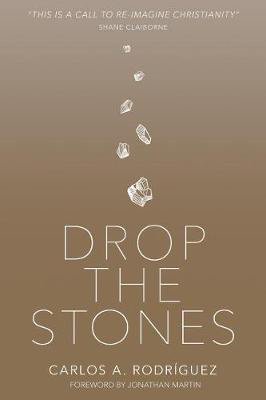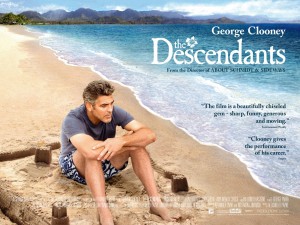 Some telling comments on forgiveness:
Some telling comments on forgiveness:
“ Counselors tell us to forgive people lest we become embittered and twisted. Thus forgiveness itself becomes a fashionable therapy, all about me.” – Kim Fabricius in Ben Myers’ blog
And this from Tim Gombis:
“Forgiveness is so profoundly powerful and beautiful… Forgiveness doesn’t ask for guarantees… Forgiveness takes the risk… Forgiveness doesn’t fix everything… Forgiveness doesn’t guarantee a Disney ending… Forgiveness doesn’t clean up the whole mess… Forgiveness remains difficult, complicated, risky, and profoundly beautiful.”
This is so powerful, and central to how we view the Gospel. So often we see the benefits to us in living the way of Jesus, thereby making it all about us. It’s the same with the idea that we can’t love others until we love ourselves; it subtly turns it around to make it all about me, which is the very antithesis of the Gospel. As someone said once, Jesus spoke about self-denial, not self-fulfilment. The paradox is that we do gain life by denying ourselves, taking up our cross and following Jesus, but that is a by-product, it is not the end goal. When we make it the end goal, whether consciously or sub-consciously, we are not being loving.
I really like Gombis’ take on forgiveness. Forgiveness forgives regardless of the outcome, whether the person accepts the forgiveness or not. I think a major reason we have got ourselves into the mess of subtly turning the Gospel around is because of a misguided theology that talks about rewards and ‘crowns’ in heaven. In a self-obsessed culture, we have made the Gospel the same, but just in a more subtle way that is done in the name of love.
This is probably why a friend of mine gets blank looks from his theological students when he talks about taking up the cross. They have probably never been taught about unconditional commitment to Jesus. I have particularly found as I have read the Gospels and the letters of Paul that suffering is a way of life and that commitment and perseverance is what is stressed. Hebrews also talks about the heroes of the faith (Hebrews 11) who didn’t see what they wanted but who fought the good fight anyway. They did it because the followed Jesus, because it was right.
The irony of taking up the cross and following Jesus is of course that we do have joy – the joy that is not dependent on circumstances, and the contentment that Paul talks about. Something I realised recently was that Jesus spoke about the joy that he had just after he was betrayed by Judas at the Last Supper (John 15). I find that fascinating. Peter also speaks about joy unspeakable to a people that were apparently suffering greatly, and James talks about counting it all joy when you suffer all kinds of trials. Not what you hear in today’s society, including most of our churches.
The point I am trying to make is that joy is a by-product of following Jesus. Love is always pointed towards others. It is self-denying, self-sacrificing, and in the process, life-giving. Forgiveness is of course about love; it is about wanting the other to be reconciled, so that they can know life. The joy we gain from that can then be shared. We don’t do it to get joy; we do it out of care.
Of course this is often misunderstood by many Christians as being morbid when God wants us to enjoy life. I agree that God wants us to enjoy life and to experience His joy. But joy is never gained when we seek it. The great paradox of Christian faith is that we die to live, that joy comes out of dying.








